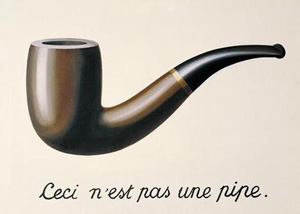I’m afraid to ask, but here goes. Who or what was the inspiration for Lefky?
Years ago I saw La Strada, and the image of the strongman stuck with me. I also wanted to go against Jewish type-casting. Not all Jews are bookish. In the old country there were people who were poor and did grunt work with a pick and shovel. Some of these men could lift a horse.
Call me cuckoo, but I sense something about fathers here in this very original and clever piece. Yes?
This is about the strength of a father and the loss of a father. The twist is that the loss is expressed through the experience of a non-human creature, whose life has revolved around Lefky so much he sees him as a father.
How did a barking parrot find its way into your writing?
A friend once told my wife about a parrot who learned the name of the postman, Walter, and kept saying it long after Walter left and a new postman took his place. What was it about the old postman that kept him saying the name? This enigma somehow gave me my bird character, who seemed as if he could only bark but in fact was capable of yearning aloud in Yiddish.
What writing are you currently working on? When last we spoke, your short fiction was finding a home in some very exclusive places. What’s been going on since then?
I wish I could say I’d found a story with the range to be a novel, but my sweet spot still seems to be 5000 words or less. The advantage is I get to the end faster and I can begin something new. There’s comfort in that.
The 2005 Edge Annual World Question (www.edge.org) asked a question that the BBC called “fantastically stimulating.” One year later, we ask you this same question: “What do you believe is true even though you cannot prove it?”
That human beings really are no more intelligent or special than a dog or a bug or a parrot. We can’t do what they do, and they can’t do what we do. It’s as simple as that.



 The core workshop of SmokeLong Fitness is all in writing, so you can take part from anywhere at anytime. We are excited about creating a supportive, consistent and structured environment for flash writers to work on their craft in a community. We are thrilled and proud to say that our workshop participants have won, placed, or been listed in every major flash competition. Community works.
The core workshop of SmokeLong Fitness is all in writing, so you can take part from anywhere at anytime. We are excited about creating a supportive, consistent and structured environment for flash writers to work on their craft in a community. We are thrilled and proud to say that our workshop participants have won, placed, or been listed in every major flash competition. Community works.